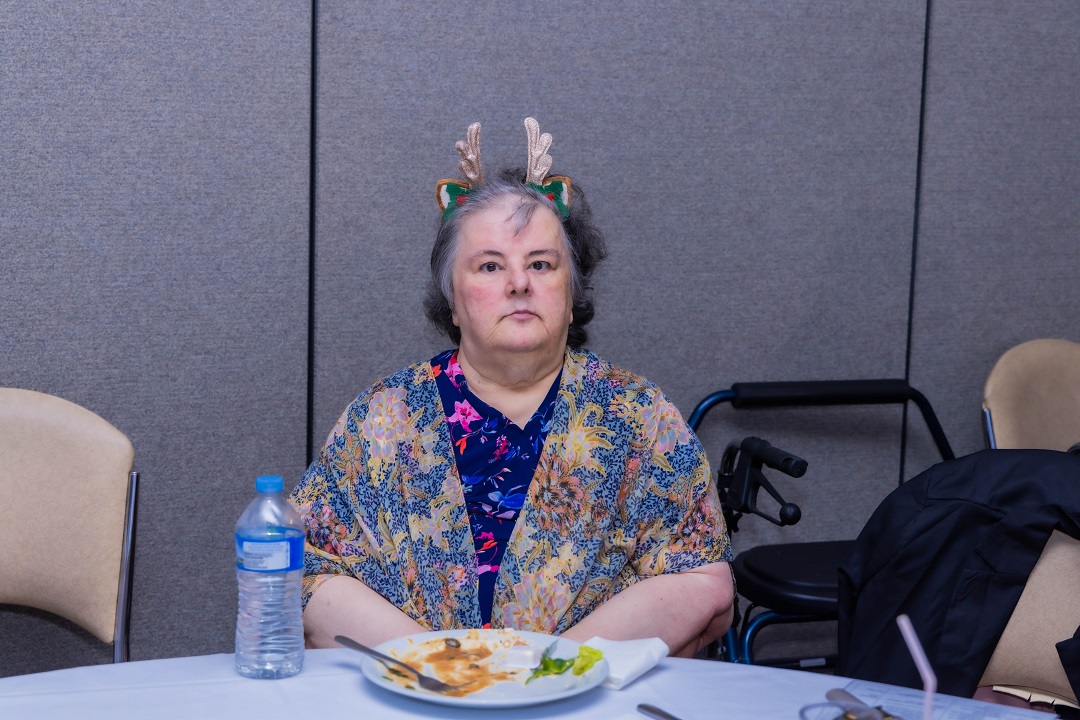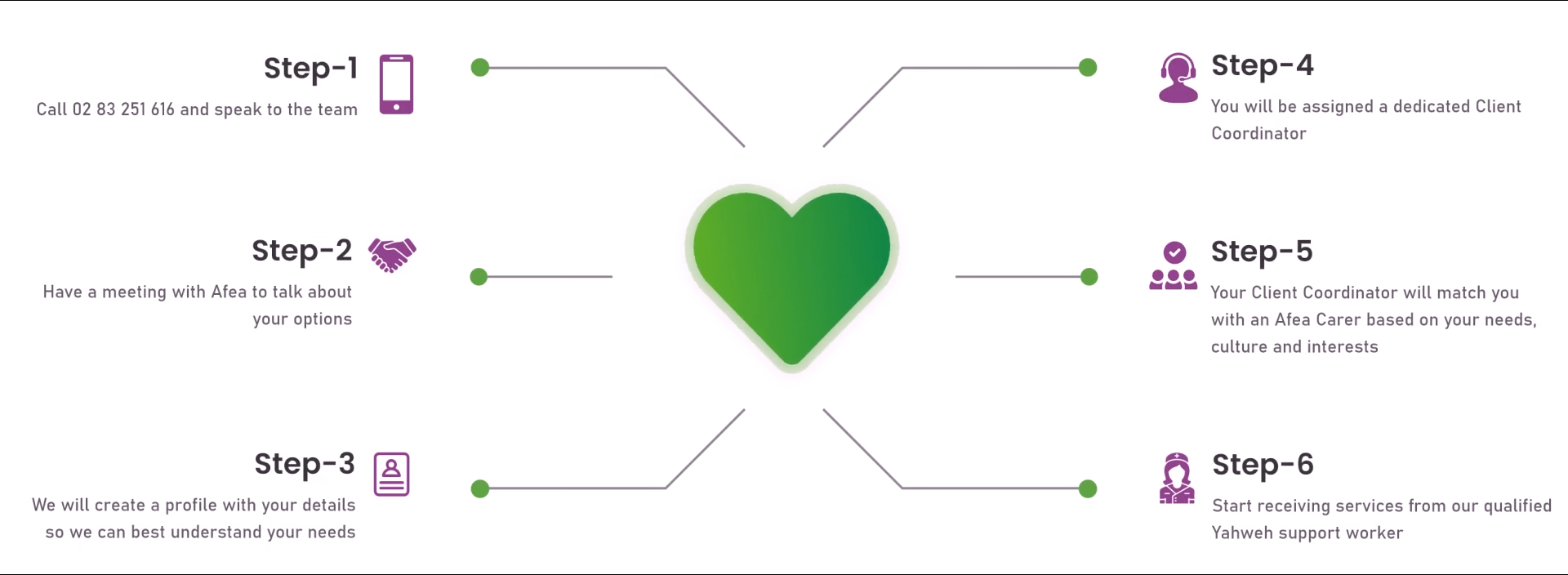SWITCH TO YAHWEH CARE
Providing care and holistic approach to NDIS participants aiming to create opportunities for you to live your best life.
Contact UsThe struggle of living with disability and depression is tough. Moreover, trying to assess it and work on its recovery makes it even harder.
When both are part of your life, daily tasks can feel overwhelming. You might feel stuck in a loop of physical limits and emotional exhaustion. At times, everything becomes too much to bear.
This article is for you—if you’re carrying both battles simultaneously.

Your disability affects how you move, think, work, or connect with others, while depression makes even small things feel pointless. In summary, this combination is more than frustrating. It changes how you see yourself. So, with this, you might start asking:
Evidently, these aren’t weak thoughts. They’re honest ones. Whether your functional impairment is about intellectual disability, hearing impairment, or caused by increasing age, your depression level can cause a higher risk of problems.
You might think you’re overreacting. But honestly, you’re not.
You’re living through pain, barriers, and loss. Often, you deal with these issues all at the same time. Obviously, feeling sad, angry, tired, or numb doesn’t make you weak. That just means you are human.
Therefore, don’t minimize what you’re going through.
Depression lies. In fact, it tells you you’re dragging others down.
But needing help doesn’t make you a problem.
You’re allowed to need care. Also, you’re allowed to take up space.
You’re not too much. And don’t ever think that you’re not too broken. You’re just dealing with more than most people understand.

Disabilities change your body and your routine. Unfortunately, that change brings loss.
Depression is often a reaction to that loss of control, of independence, of how others treat you.
Here are common reasons you might feel depressed:
Without your functional disability, you used to do more on your own. However, now, with your condition, you need help. Losing control means you can’t do things the way you used to—like getting dressed, driving, or managing your schedule. This particular adjustment can make you feel powerless.
It’s frustrating when your body or mind won’t cooperate, even with tasks that once felt simple. Chronic pain wears you down physically and mentally. It’s not just discomfort; it’s constant. Over time, it can steal your energy, disrupt your sleep, and make even small tasks feel impossible.
Isolation creeps in when it’s hard to leave the house, keep up with friends, or feel understood. Over time, you might feel invisible, like your world is shrinking. Maybe friends don’t invite you out anymore. Maybe getting outside is too much work. The result is the same, and you feel cut off.
Feeling misunderstood happens when people minimize your struggles or assume you’re fine because they can’t see your pain. It leaves you feeling alone, frustrated, and emotionally distant—even around those who care. That invisibility adds to the stress.
When you experience depression and anxiety,
It is extremely hard to seek help when you want support. In fact, getting it is complicated and sometimes draining. That is because there are factors that may affect your will to seek mental health assistance. Here are a few:
Getting therapy isn’t always simple. That’s because offices may not be physically accessible, or they might lack services for people with sensory, cognitive, or mobility needs. Even when therapy is available, it can be expensive, far away, or limited by long waitlists.
Some therapists don’t truly understand what it’s like to live with a cognitive impairment or disability, so you end up spending sessions explaining your condition instead of focusing on your mental health. That disconnect can leave you feeling unheard and even more isolated. Undeniably, you end up explaining your life instead of getting support.
Depression drains your energy and motivation. Definitely, it is making simple tasks—like calling a therapist or filling out forms—feel overwhelming. You might keep putting it off, not because you don’t care, but because even starting feels too much. Hence, you tell yourself, “What’s the point?” or “I’ll deal with it later.”
All of these create a wall between you and the help you need.
Depression symptoms don’t always look like deep sadness. In some instances, it often shows up as irritability, numbness, or constant exhaustion. Nevertheless, you might feel disconnected from yourself, like you’re just going through the motions without purpose or joy. Not sure if you’re dealing with major depression?
Here are a few depressive symptoms:
On the whole, if this sounds like you, it’s not your fault. But it is time to talk to someone. Understand the severity of your depressive episode through the beck depression inventory.
Living with disability and depression isn’t something people talk about enough. But it’s real. In fact, it’s daily, and it’s heavy. Since there is a stigma about mental health and depression varied its result in the general population, most people like you don’t want to go deep into it because of the fear of judgment. In any case, that’s understandable.
However, if you’re carrying that weight, you don’t have to carry it alone. Know that there is always help out there. You are not failing, you are not invisible, and definitely, you are not weak.
You’re surviving. And that means something.
If you need help dealing with your disability and depression status, talk to a healthcare professional from Yahweh Care. They can assist you in reviewing and creating a plan that covers your emotional and mental wellness.
Providing care and holistic approach to NDIS participants aiming to create opportunities for you to live your best life.
Contact Us


